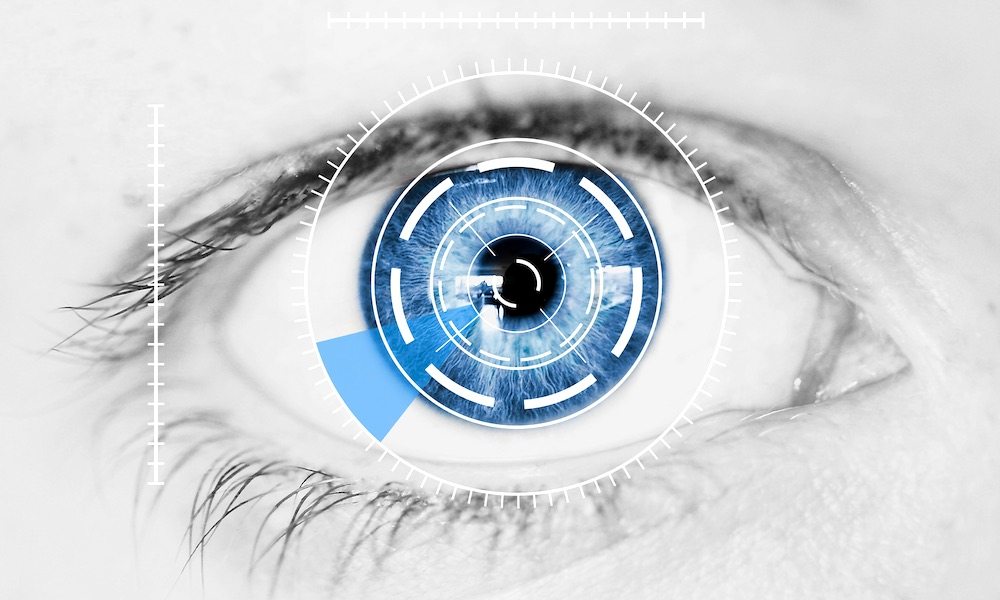FBI Has Collected and Retained over 430,000 Iris Scans in Pilot Program Database

Toggle Dark Mode
The Federal Bureau of Investigation is amassing a huge database of iris scans in a pilot program that borders on Orwellian, reports say.
The database — which has collected 430,000 iris scans since its launch — relies on an information sharing agreement that the FBI has with agencies such as the US Border Patrol, the Department of Defense, and local law enforcement groups, according to The Verge.
The pilot program launched in September 2013, and was originally conceived as a way to develop iris recognition systems, according to the Daily Caller.
But what began as a simple test of technology has quietly grown into something far bigger, The Verge reports.
The San Bernardino Sheriff’s Department, one of the agencies sharing information with the FBI, is reportedly collecting nearly 190 iris scans a day.
“The fact these systems have gone forward without any public debate or oversight that we’ve been able to find is very troubling,” ACLU spokesperson Nicole Ozer told The Verge.
Documents that were leaked to The Verge reportedly detail the program’s beginnings. Originally, the FBI had more than 30,000 images that they could not search through. In a joint agreement between the FBI and California law enforcement officials, the Bureau planned and tested a searchable database.
While the California program was originally supposed to last a year, The Verge reports that it has been renewed every year since.
The California Department of Justice receives iris scans from Los Angeles, San Bernardino and Riverside counties — and then sends those scans to the FBI’s database.
This information is troubling because federal agencies are typically required to submit privacy reports for projects involving personal data. So far, this has not been the case with the FBI’s iris program.
Ozer said that as the FBI’s program grows in scope, it will become increasingly important for the public to monitor it.
“If hundreds of thousands of people are being added to this system on a yearly basis, what are the implications?” she told The Verge.






